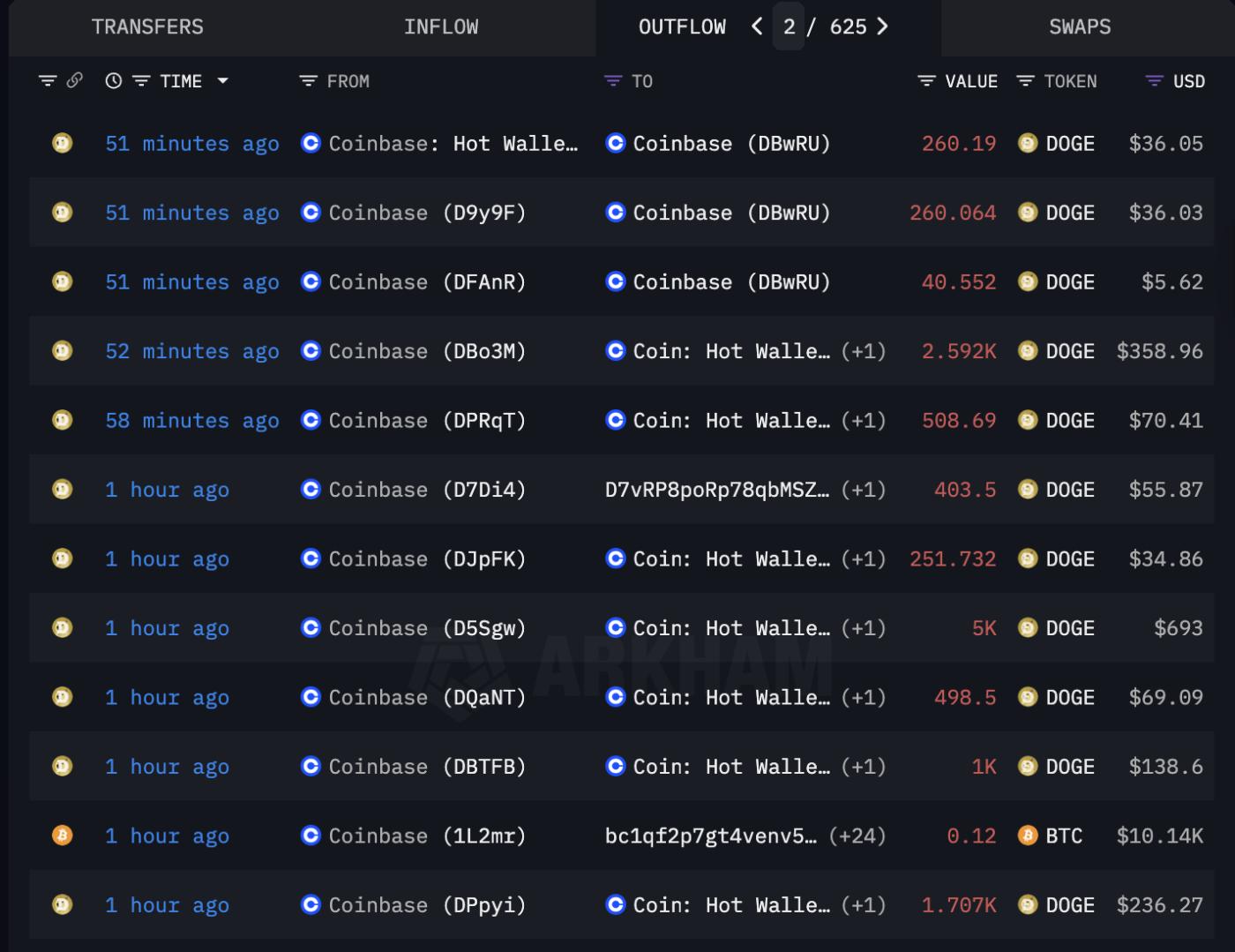The cryptocurrency exchange said the internal migration plan is normal industry “best practice” to maintain cybersecurity standards.

Cryptocurrency exchange Coinbase began moving large amounts of funds on Saturday, transferring tokens to new internal wallets in a regular, scheduled security process aimed at mitigating the long-term risks of holding funds in the same publicly available wallet address.
According to the company's announcement, the move was not due to any cybersecurity breach or external threat. Coinbase said:
“Regular wallet migrations are a widely accepted best practice that helps mitigate the risk of losing funds over the long term. This is a planned migration and is not related to changes in the industry or price conditions. It is not a response to a data breach or external threat.”

This means that large balances of Bitcoin, Ether, and other Token will be transferred online from Coinbase wallets to other internal Coinbase wallets that have been flagged by blockchain explorers and intelligence platforms. Coinbase warns users that during the transfer, scammers may take advantage of the situation by impersonating Coinbase representatives and contacting customers to ask for login information or request users to transfer funds, which the exchange never does.
This warning is a reminder that cryptocurrency users must always be vigilant against phishing attempts, hacks, fraud, and other cybersecurity attacks in an ever-changing threat landscape.
Maybe you don't know: BingX is offering great deals for users when registering a new account.

Idle Balances Can Be a Trap for Hackers: Why Regular Transfers Are the Best Practice
Hackers target centralized servers, information systems, and hot cryptocurrency wallets connected to the internet to steal information and value from users.
These centralized repositories containing large amounts of information or tokens are very attractive to attackers, who often plan their attacks for months and view large centralized systems as traps.
Cybersecurity experts Chia Cointelegraph that the emergence of artificial intelligence and AI-powered tools also gives hackers an advantage in gathering experiential clues through public information and other metadata that could expose sensitive information or lead to theft.
Gianluca Di Bella, a researcher into smart contracts and zero-knowledge (ZK) proofs, told Cointelegraph that quantum computers also pose a threat to current cryptographic technology, which is not far in the future but may have become a reality before.
Threat actors may be compiling public key encryption until powerful enough quantum computers are invented.
The quantum computer can then derive the private key from the public address in a “harvest first, decrypt later” attack, Di Bella told Cointelegraph.
Di Bella said cryptographic protocols must move to post-quantum security standards as soon as possible to neutralize the threat of retroactive attacks.
Source: Cointelegraph








